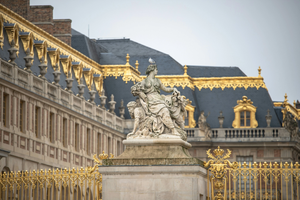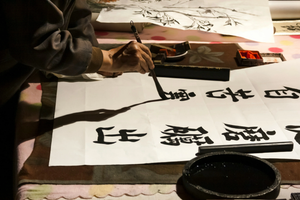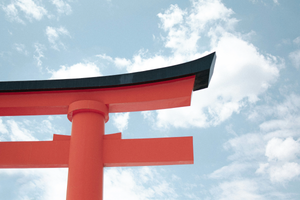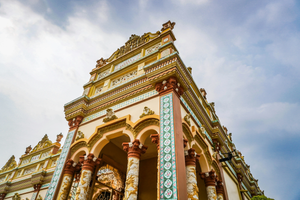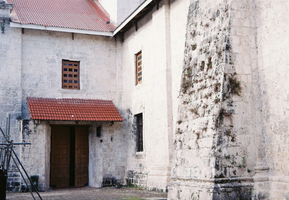Embracing Simplicity: The Quiet Allure of Beijing's Historic Hutongs

Beijing, a bustling metropolis filled with towering skyscrapers and vibrant neighborhoods, is also home to a quieter, more understated beauty—the historic hutongs. For travelers eager to step away from the typical tourist paths, these narrow alleys offer a profound connection to the city's rich past, whispering stories through ancient brickwork and traditional courtyard homes. Far from the bright lights and modern conveniences, Beijing's hutongs represent a slower, more deliberate way of life that both charms and enlightens.
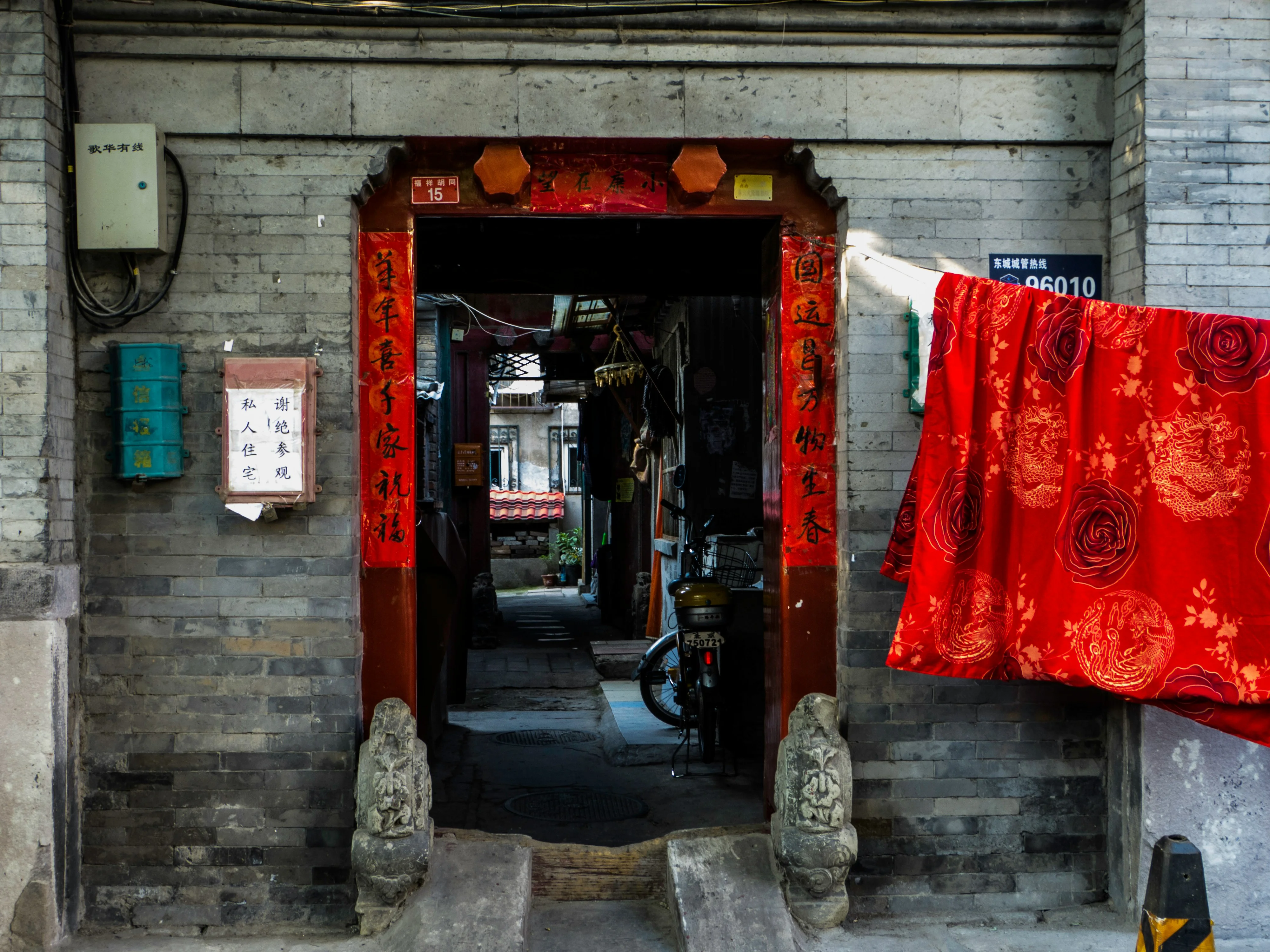
A Glimpse into the Past
Hutongs are ancient, narrow streets or alleys most commonly associated with northern Chinese cities, especially Beijing. Historically, they were formed by lines of siheyuan, traditional courtyard residences. Many such neighborhoods were built during the Yuan (1271–1368), Ming (1368–1644), and Qing (1644–1912) dynasties, harboring centuries of history.
In an era where rapid urbanization is the norm, these neighborhoods provide an invaluable contrast. Walking through a hutong is akin to stepping into a living museum, where traditional life is still palpable. Courtyards bustle with local life, children play along the lanes, and the architecture harks back to a bygone era. For those interested in China's rich tapestry of history, the Hutongs are an indispensable experience.
What Makes Hutongs Special?
One of the distinctive features of these ancient alleys is their sense of community. Hutongs are inherently social spaces, fostering neighborly bonds and daily interactions. Residents still gather for morning exercises, meet for afternoon tea, and exchange news in these communal atmospheres, a rarity in today's fast-paced world.
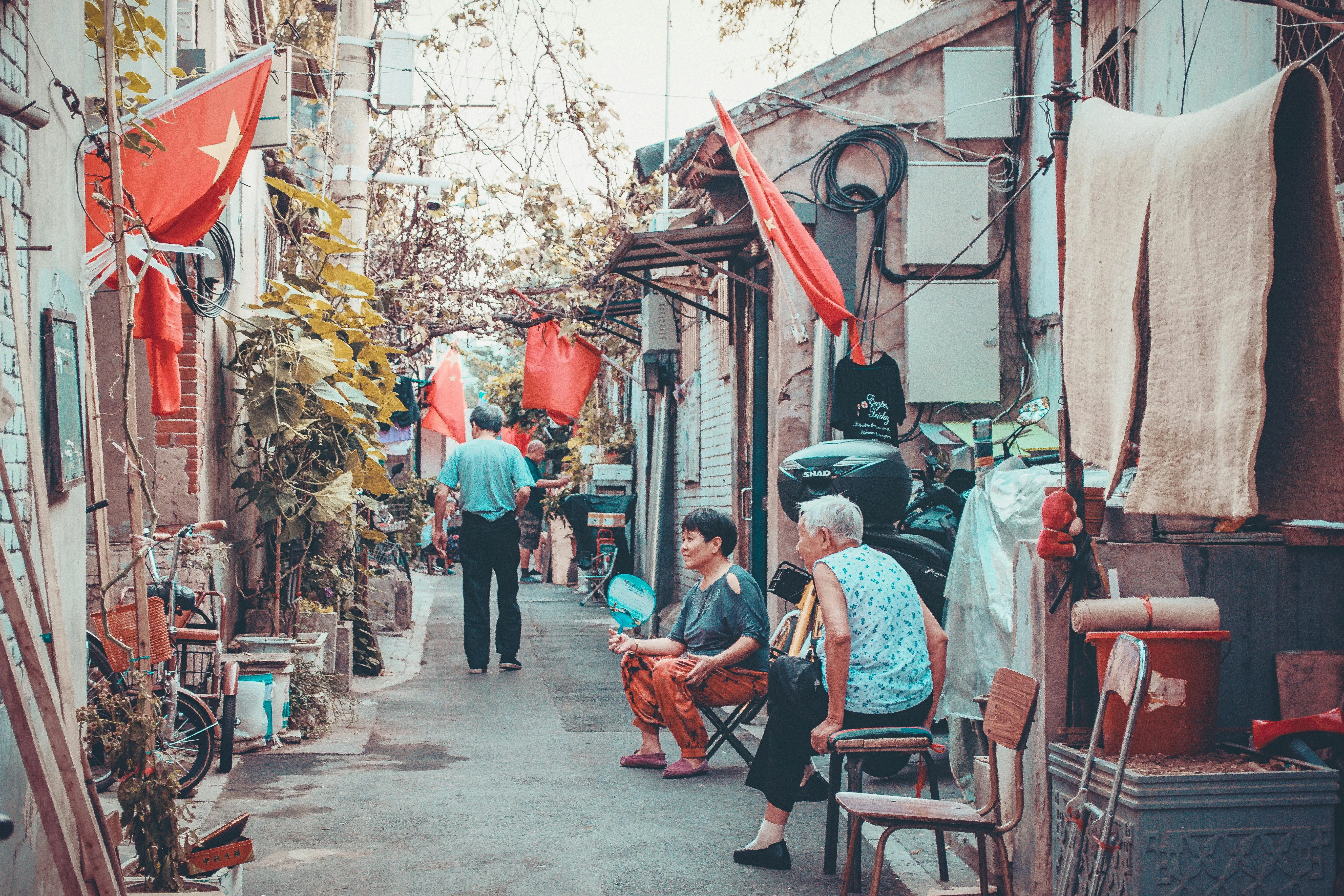
Exploring the Hutongs
For visitors wanting to explore these timeless alleys, several hutongs stand out as must-visits:
- Nanluoguxiang: Known for its varied shops and eateries, Nanluoguxiang blends history with a hint of modernity. It's popular among both locals and tourists for a leisurely afternoon stroll.
- Guozijian Hutong: Situated near the Confucius Temple and the Imperial College, this hutong is quieter and richer in culture. It's a great spot for contemplating the philosophical traditions that shaped China.
- Dongjiaominxiang: Once home to foreign embassies, this hutong offers a unique architectural blend of Chinese and Western styles, providing visual insights into Beijing's historical interactions with the world.
Captivating Culture and Cuisine
The hutongs are also culinary hotspots where one can relish authentic Beijing flavors. Small family-run eateries serve traditional dishes like jiaozi (dumplings) and baozi (steamed buns), offering a sensory journey that complements the historical exploration. Enjoying a meal here can be a cultural lesson, as restaurant owners often share personal stories and traditions.
Preserving the Legacy
The existence of hutongs is increasingly under threat due to urban development. Yet, efforts by the government and various cultural preservation groups continue to maintain these areas, recognizing their extreme cultural and historical value. By visiting and respecting these spaces, tourists contribute to their preservation, ensuring that future generations can also experience their timeless charm.
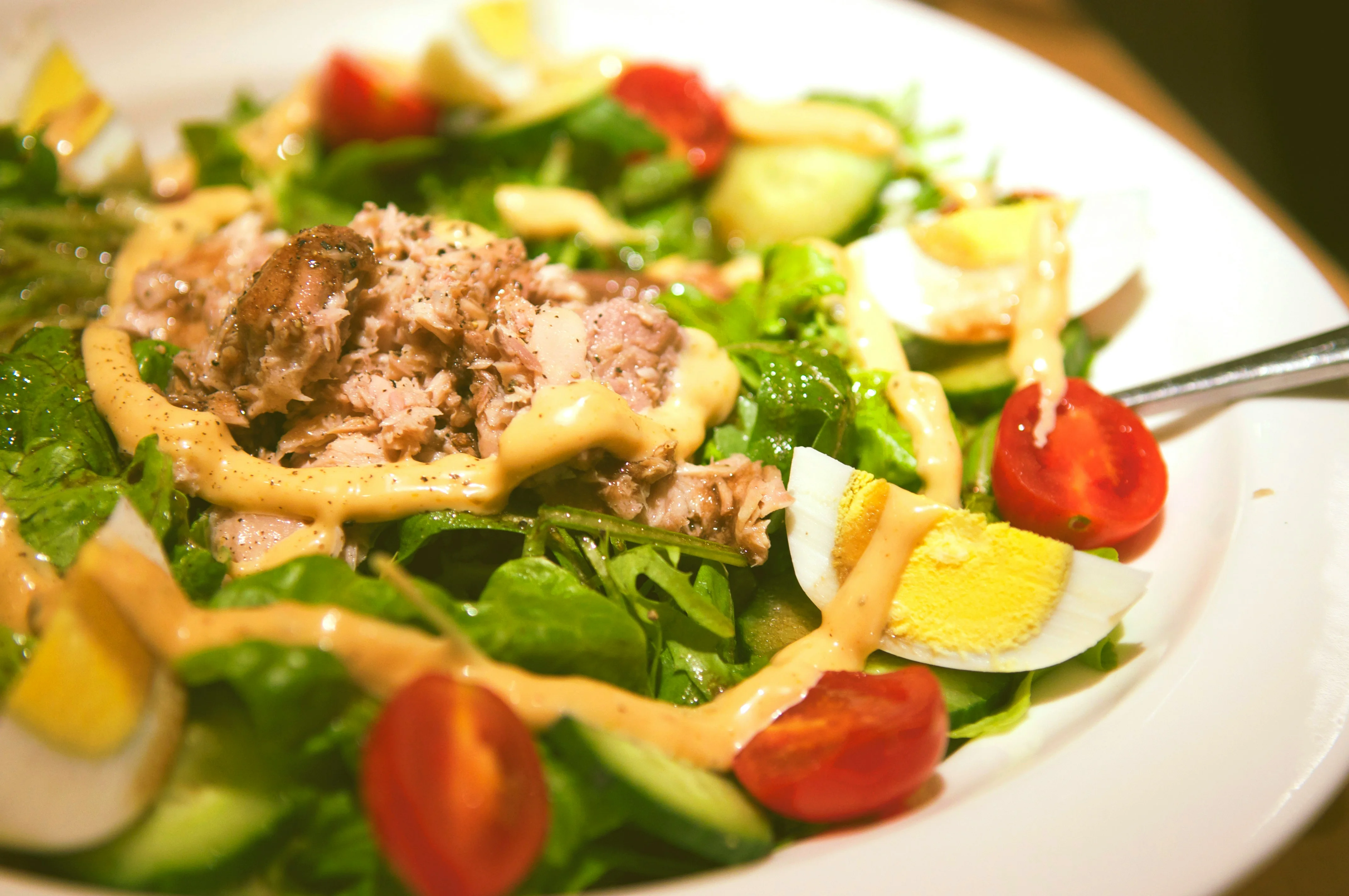
Closing Thoughts
Beijing's hutongs stand as quiet guardians of the city's legacy, offering a glimpse into the soul of a historical capital. As urban developments loom ever larger, these ancient alleyways beckon those seeking authenticity and a tangible connection to the past. Whether you're a history enthusiast or someone searching for genuine city charm, wandering the hutongs is an experience like no other—a journey into simplicity, history, and community are woven seamlessly together. So, on your next visit to Beijing, set aside some time to stroll through these storied lanes and let the whispers of the past enrich your adventure.

